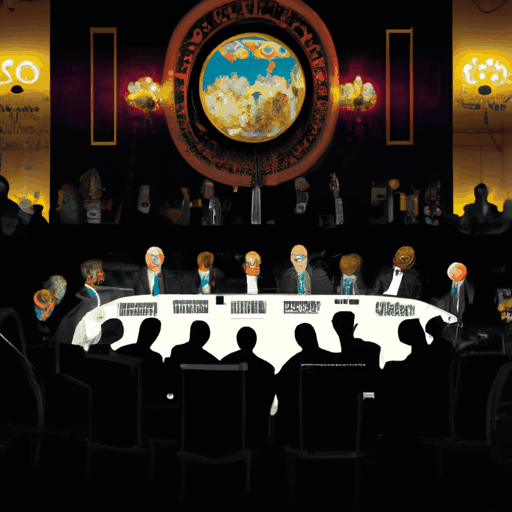
Crypto Industry Calls for Congressional Intervention on DOJ's Money Transmission Interpretation
By: Eva Baxter
A coalition comprising 34 significant players in the cryptocurrency sector, including high-profile companies like Coinbase, Kraken, and Uniswap Labs, has issued a clarion call to congressional leaders. They urge the leaders to examine and rectify what they term as an "unprecedented and overly expansive" interpretation of money transmission laws by the Department of Justice (DOJ). The central concern is the DOJ’s application of 18 U.S.C. §1960 against software developers, particularly in light of the legal actions initiated against Tornado Cash developer, Roman Storm, which marks a shift from established legal understandings.
The DOJ’s interpretation deviates from the guidance provided by the Financial Crimes Enforcement Network (FinCEN), a US Treasury bureau responsible for enforcing the Bank Secrecy Act (BSA). FinCEN's 2019 guidelines clarified that non-custodial software developers, who do not take possession of users' funds, do not fall under the purview of money transmission business. Yet, the DOJ's actions appear to overlook this guidance, thereby imposing legal uncertainties on developers working within the decentralized finance (DeFi) ecosystem.
This discord between the DOJ's stance and FinCEN's guidelines creates a risk of criminal liability for developers who publish or maintain blockchain applications without custodial oversight. The collective cryptocurrency firms argue that the statutory requirement of "transferring funds on behalf of the public" necessitates possession and control of said funds, and in its absence, should not be classified under money transmission activities. If left unaddressed, this legal interpretation could have a chilling effect on open-source development, as developers might shy away from applications that could be misconstrued as facilitating money transmission.
Therefore, the industry coalition is urging Congress to intervene, advocating for the clarification of Section 1960 that aligns with Congress's original intent, which could potentially shield developers from undue legal risks. The letter signifies a broader industry concern over regulatory clarity, crucial for fostering innovation in the rapidly evolving cryptocurrency landscape.



